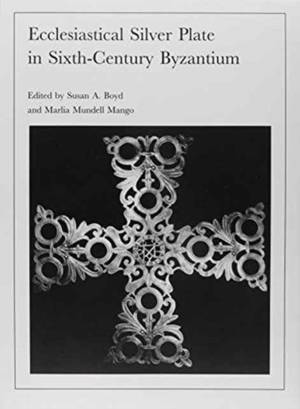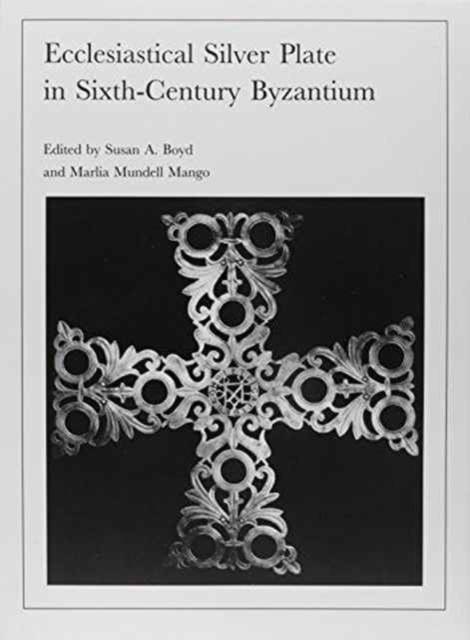
- Retrait gratuit dans votre magasin Club
- 7.000.000 titres dans notre catalogue
- Payer en toute sécurité
- Toujours un magasin près de chez vous
- Retrait gratuit dans votre magasin Club
- 7.000.000 titres dans notre catalogue
- Payer en toute sécurité
- Toujours un magasin près de chez vous
135,45 €
+ 270 points
Description
The twenty papers included in this volume were presented at an international symposium held in Baltimore and Washington in May, 1986. Planned to coincide with the exhibition of the two largest treasures of Early Byzantine church silver to survive from antiquity, the Kaper Koraon Treasure (found in Syria) and the Sion Treasure (found in Turkey), the symposium sought to place these and other church treasures in their broader contexts examining them from the point of view of economy, history, society, and manufacture.
While a number of the papers focus on specific aspects of these two treasures--including six articles devoted to the Sion Treasure--others examine more general questions regarding silver mining, the manufacture of silver vessels, the state control of silver in Byzantium and the Sasanian Empire, the economic and cultural role of silver objects, and the financial power of the institutional church through its vast holdings of silver plate. The precedent offered by pagan cult treasures is also examined. To ensure a broad interdisciplinary approach, the eighteen authors are authorities in the fields of government administration, economic history, cultural history, art history, archaeology, epigraphy, science and conservation.Spécifications
Parties prenantes
- Auteur(s) :
- Editeur:
Contenu
- Nombre de pages :
- 392
- Langue:
- Anglais
- Collection :
Caractéristiques
- EAN:
- 9780884022039
- Date de parution :
- 01-01-93
- Format:
- Livre relié
- Format numérique:
- Genaaid
- Dimensions :
- 216 mm x 279 mm
- Poids :
- 1766 g







